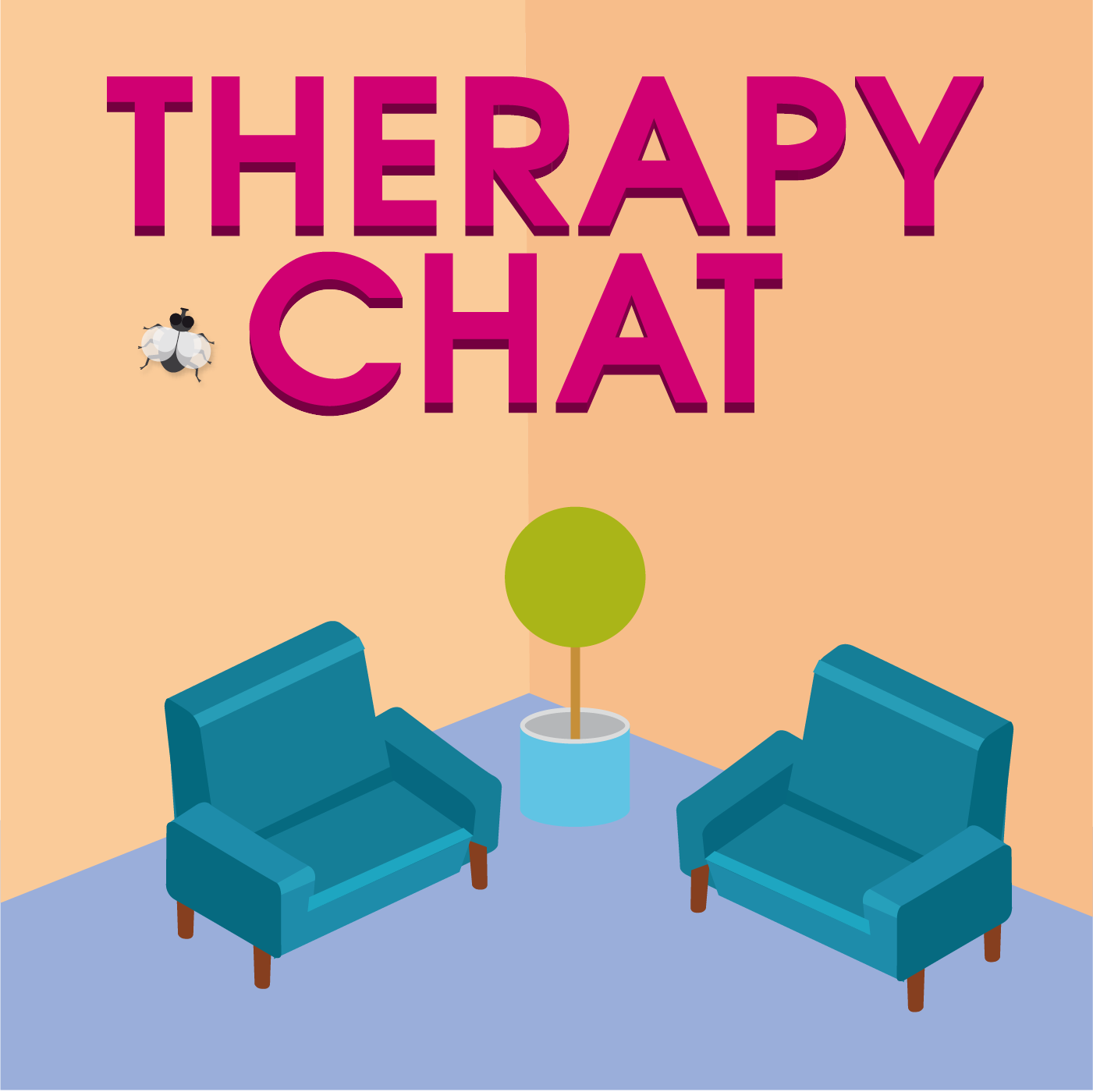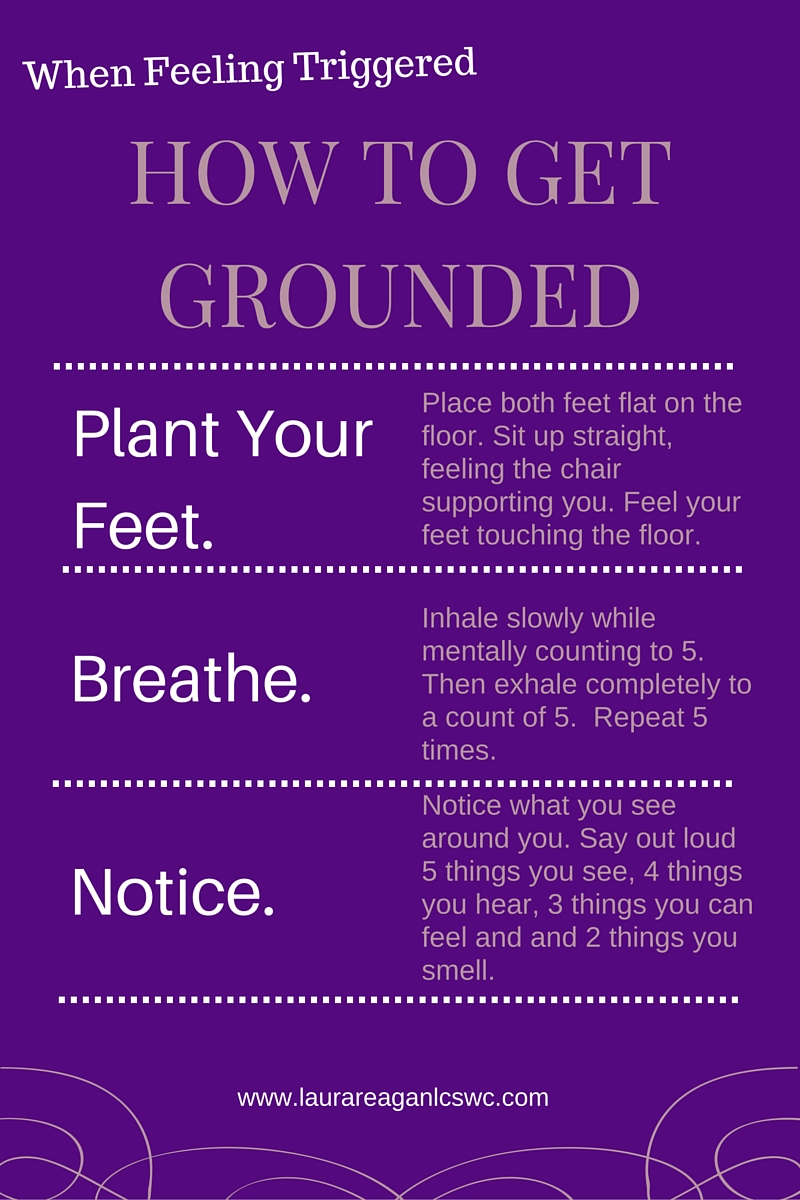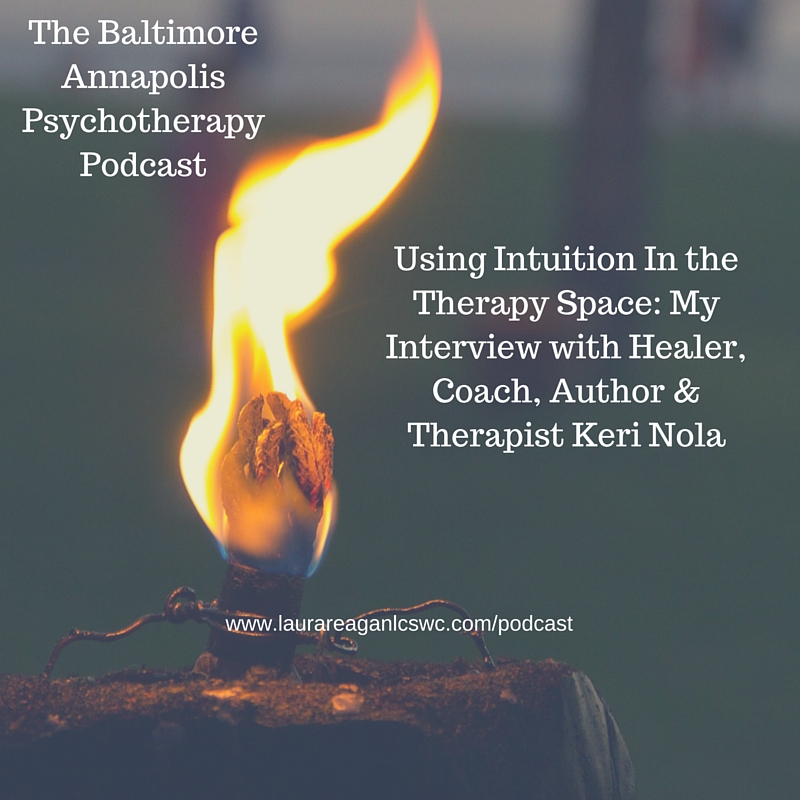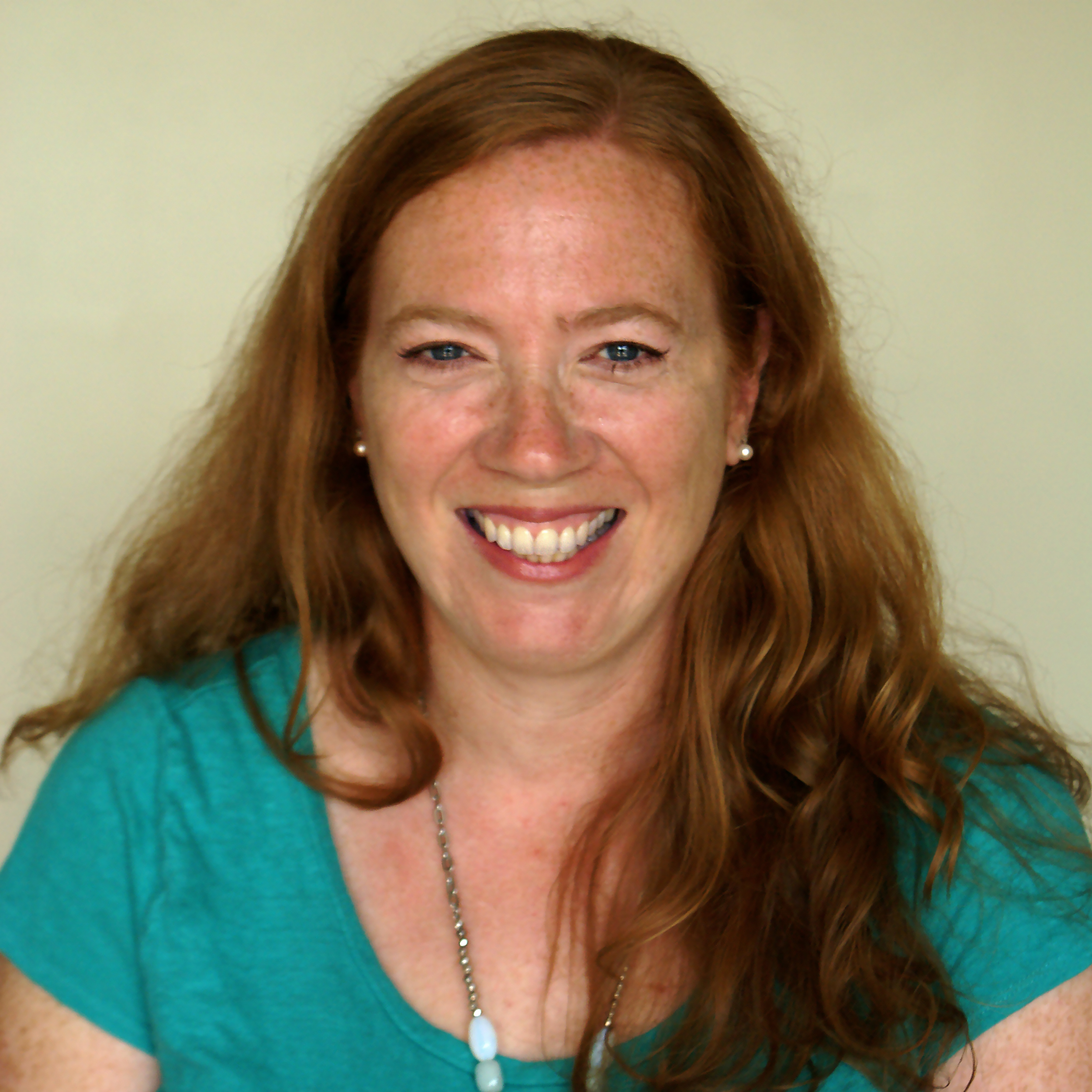Welcome! My guest today is Lisa Ferentz, LCSW-C, who is in private practice in Baltimore and specializes in treating child and adult survivors of trauma, abuse, and neglect. She’s a nationally known author, speaker, trainer, and consultant. Click here or on the image below to listen to today's episode!
What you’ll hear in this episode:
- After 32 years in private practice, Lisa knows that trauma survivors use coping strategies such as eating disorders, addictions, self-mutilation, depression, anxiety, and relationship problems.
- Lisa does consulting work for clinicians in the US and Canada; she has written two books and has two more in process. Lisa is an expert on Dissociative Identity Disorder and consulting with her is a great way for clinicians who are less experienced in this work to help their clients most effectively.
- Early in her practice, Lisa realized how important it is to approach her work from the viewpoint of being a good student and learning from your clients.
- In the exciting world of therapy today, incredible connections are being made between trauma and the impact on the brain.
- Lisa advises that clinicians be more aware and mindful in working with the body in trauma work.
- Lisa explains “dual awareness,” meaning being aware of what’s happening in both the client’s and clinician’s body during therapy.
- Lisa explains the “vasovagal zone” of the body and tracking sensations in the area that houses 80% of emotions.
- Trauma is stored visually and viscerally, and can present with actual physical pain, such as:
- Limb pain
- Fibromyalgia
- Chronic migraines
- Stomach/GI upset
- Fatigue
- One technique is to start with the body and work your way into words to deal with trauma.
- Movement and expressive arts can also be used in trauma therapy.
- Simplistic art therapy strategies can open the door to visually-based modality when a client is unable to communicate with words.
- Lisa uses drawing, collaging, and sand tray art so a client can SHOW their narrative, share a memory, or process an emotion.
- Clinicians have to refrain from interpreting the client’s art for themselves.
- Lisa explains the stigma associated with borderline personality disorder as opposed to identifying the same client as a “trauma survivor.”
- Lisa introduces her books: Treating Self-Destructive Behavior in Trauma Survivors: A Clinician’s Guide and Letting Go of Self-Destructive Behaviors: A Workbook of Hope and Healing. One is for clinicians and one is for laypeople.
- In treating trauma survivors, you have to give them new tools to replace self-destructive behavior—other ways to self-soothe and regulate their pain.
- Lisa explains why she doesn’t like standard safety contracts because they introduce a power struggle between client and therapist.
- “The goal is that trauma therapy doesn’t re-traumatize.”
- Lisa gives details about her Institute in Baltimore, in its 9th year of offering certification programs in Advanced Trauma Treatment, working with expressive modalities and traditional talk therapy. The Institute offers ethics training and has graduated 700 clinicians. Her website includes a calendar of CEU training and the details about Trauma Certificate Levels 1 & 2.
- Find out more about Lisa and her work: www.lisaferentz.com.
I hope you enjoyed this episode, which was all about healing trauma. I'm so grateful that Lisa agreed to be interviewed. If you liked this episode, please visit iTunes to download episodes, rate and review! You can also listen on Stitcher and Google Play (available now in some areas). And for more of what I'm doing, please sign up for my newsletter, and follow me Twitter, Facebook, Pinterest, Instagram & Google+. If you're a trauma therapist you may be interested in my new Trauma Therapist Community, forming now. Click here for the info. I look forward to connecting!
Wholeheartedly,
Laura Reagan, LCSW-C


















